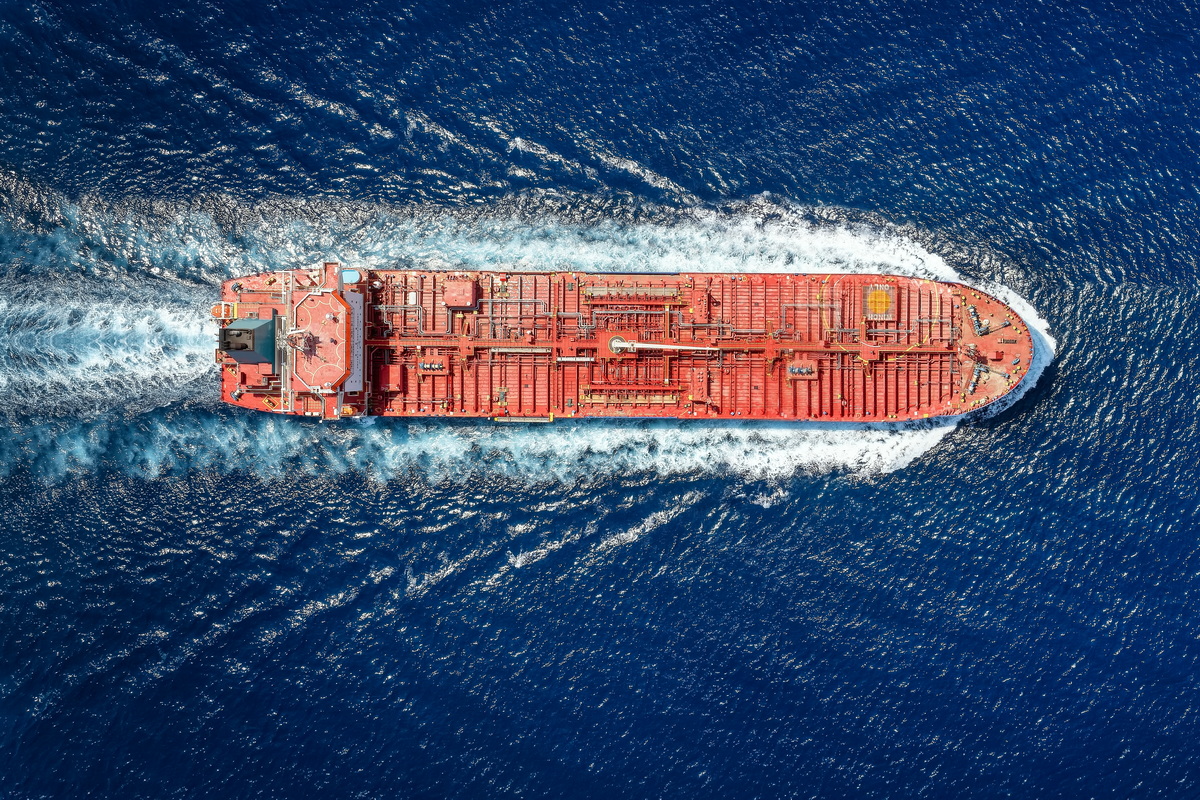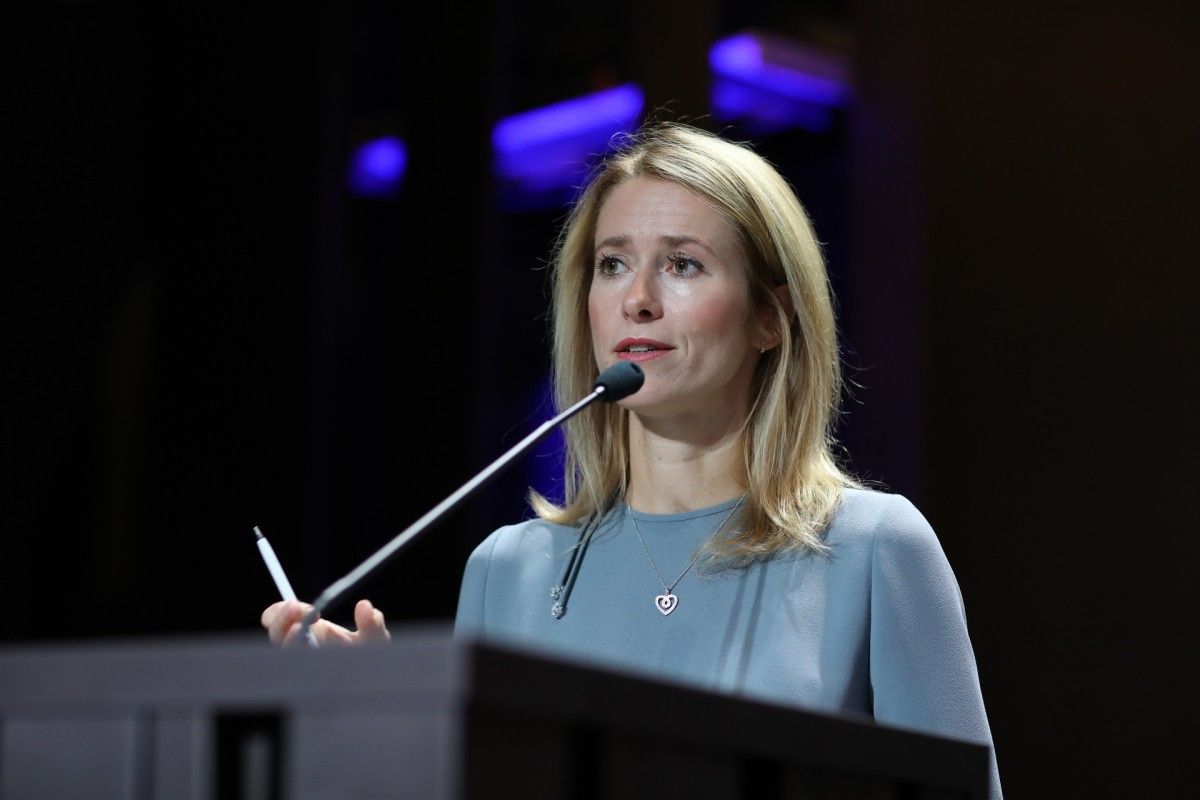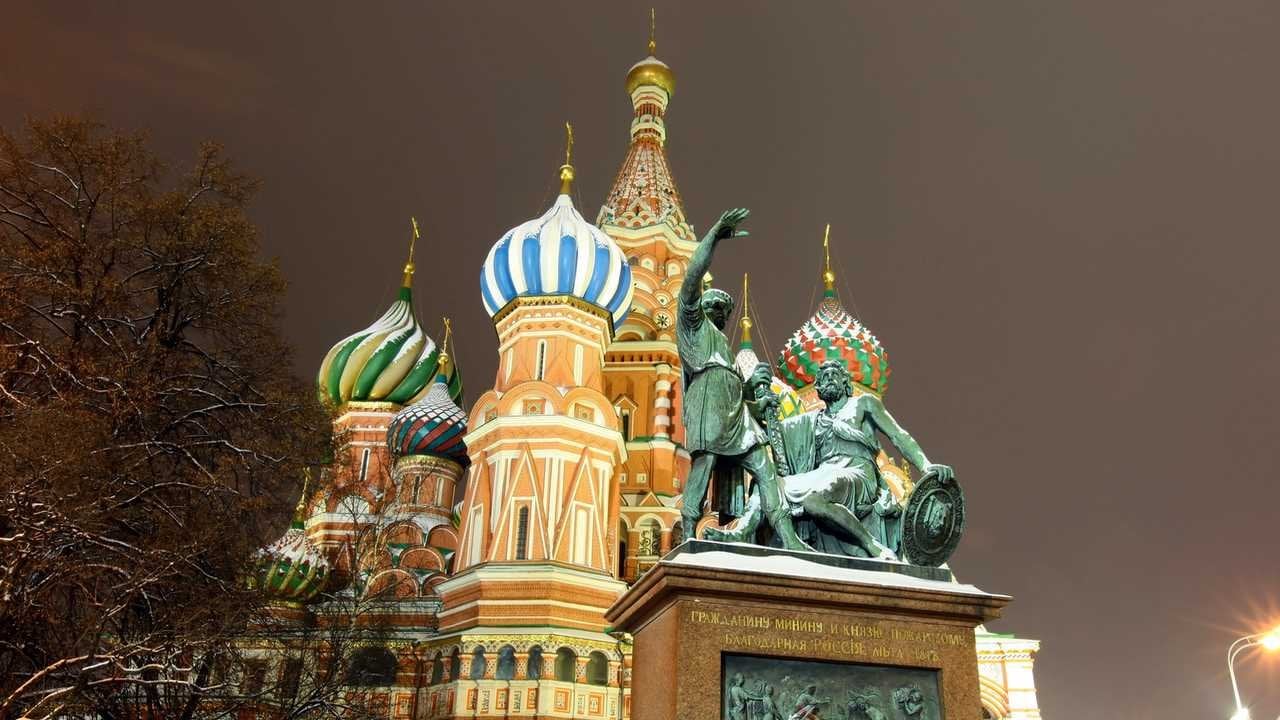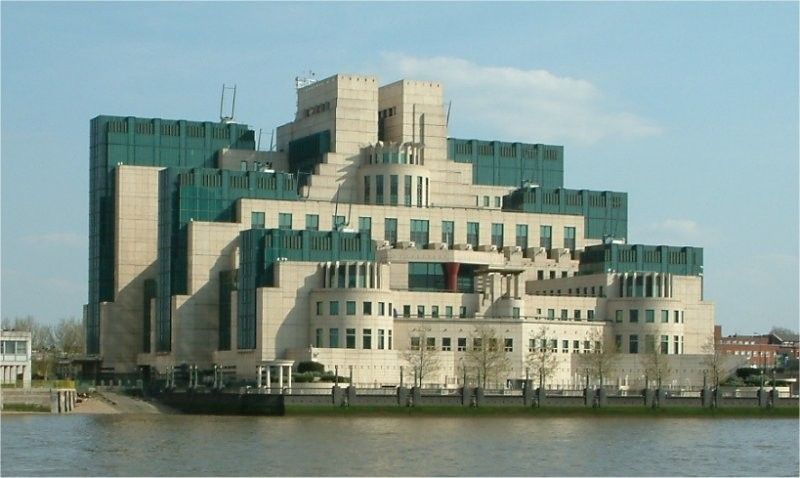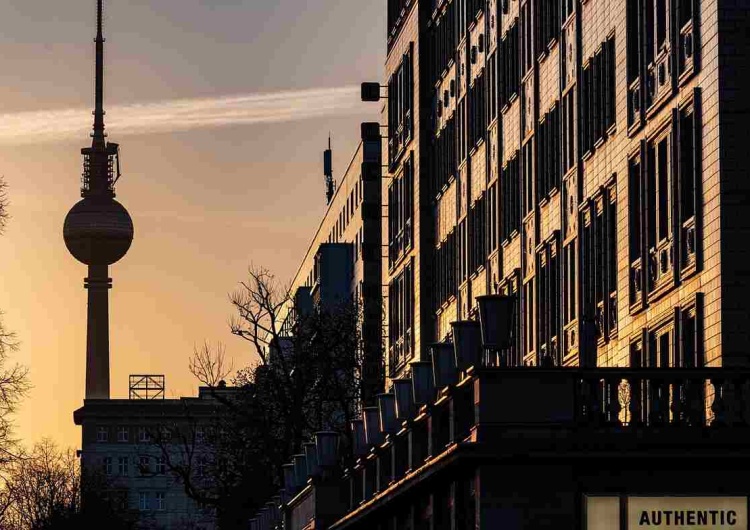
Convicting Mark W., a long-term worker of the Ministry of Economy and then the Ministry of Energy, in 2018 for providing information to the Russian Military Intelligence (GRU) about the energy policy of Poland, the construction of LNG terminals or trainings (or alternatively deficiency of them) counter-intelligence among the staff of the ministry, was visible proof engagement of Russian services in Polish energy industry.
However, as the members of the Commission for the examination of Russian and Belarusian influences, led by the Head of Military Counterintelligence Service, now we can talk not only about classical spy activities, but – and possibly most of all – about the disinformation war aimed at users of Polish social media.
A war which European governments have been incapable to cope with for years, due to the fact that Russian misinformation has benefited from broad freedom of speech in the EU.
What areas of Polish energy policy are attacked by Russia?
− Russian disinformation is aimed at strategical areas of activity of the Polish state, including the economy, mainly in energy. Russia is very displeased that we are going in the green direction – explains Dr. Katarzyna Bąkowicz, who works in the mentioned government committee. − The message is not going to “Russia is good” but “Union is bad”, “Union wants to finish you off”, “Union wants to make you expensive”, “be against the Union” and “be against NATO”. Russia's main nonsubjective is to break the unity of the European Union, due to the fact that isolated countries are an easy target.
 Mining decommissioning in Poland is frequently dressed in an anti-EU communicative related to the Green Deal. In fact, coal mining in Poland has been decreasing since 1979
Mining decommissioning in Poland is frequently dressed in an anti-EU communicative related to the Green Deal. In fact, coal mining in Poland has been decreasing since 1979One of the objectives is alleged breakthrough technologies in energy. Russia's budget is 30-40% dependent on exports of fossil fuels to old technologies. The "energy strategy of the Russian Federation by 2035" among the biggest challenges for Russian exports of oil, natural gas and coal lists:
1) a change in the structure of global energy request (including a decrease in the rate of increase in fossil demand),
- 2) expanding the share of renewable energy sources (RES),
3) the improvement of energy efficiency and electromobility in energy natural materials importer countries.
 "The Energy safety Doctrine of the Russian Federation" as 1 of the threats to Russian exports of oil, coal and natural gas indicates the energy transformation of the European Union (the current Green Deal).
"The Energy safety Doctrine of the Russian Federation" as 1 of the threats to Russian exports of oil, coal and natural gas indicates the energy transformation of the European Union (the current Green Deal).Similar concerns are set out in the "Energy safety Doctrine of the Russian Federation". "The dynamic dissemination of renewable energy technologies in many countries, including renewable energy, hydrogen and energy retention technologies, energy storage, digital technological solutions, energy-efficient and intelligent equipment and transport technologies, in construction, in the field of request and consumption management, is simply a cross-border challenge for energy security," states a government paper from the Russian Federation.
A late published study by the Polish Commission dealing with Russian disinformation is the first paper where names, influencers, youtubers and politicians are publically mentioned, or the names of websites that have consciously or have not become an crucial transmission belt of Russian propaganda.
What channels does Russia usage to disinformation among Poles?
− Russia affects the Polish infosphere in various ways, including through people who have their own channels on YouTube, Instagram. Actors of Russian disinformation have several-several 1000 followers, due to the fact that smaller channels are not within service scope and are hard to check – explains Dr. Katarzyna Bąkowicz in an interview with HighNapiecie.pl. He adds that the committee knows what money Russia spends on propaganda in Poland and knows what channels of money are distributed. – They are frequently small known companies not straight connected with communication. There are, for example, companies in the IT sector – he says.

At the same time, the full scope of recipients of their communications is simply a very easy goal of propaganda, as they are convinced of their autonomy in assessing information. He is incapable to critically measure another people's entries in social media, does not fishy that they may be part of the propaganda of a abroad government and does not verify information, especially those that agree with their beliefs. Instead, he willingly forwards specified unverified information further. While services can theoretically fight with sources of misinformation, being a “useful idiot” is not penalized in Poland.
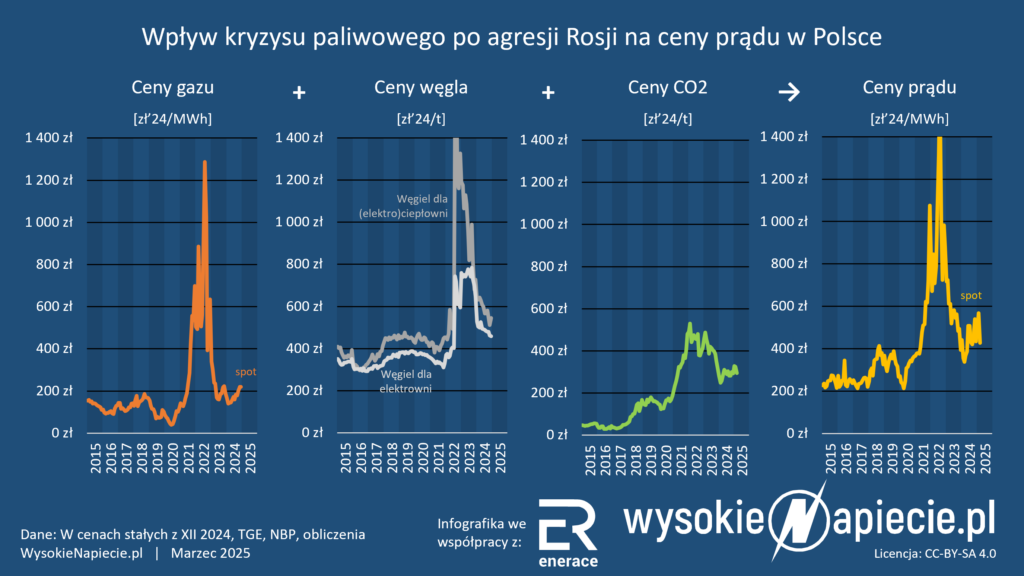 The increases in electricity prices were mainly due to increases in coal and gas prices from Russia or another directions after the cut off of supplies from Russia.
The increases in electricity prices were mainly due to increases in coal and gas prices from Russia or another directions after the cut off of supplies from Russia.After the blackout in Spain and Portugal, we published a informing against the misinformation that immediately appeared around this failure. alternatively of recording on camera, we utilized the author's avatar, generated by AI. A crucial part of the audience did not pay attention to the fact that this is not a real recording. In this case, however, the content and the account came from a individual known at least a part of the readers who transmitted this information further. Unfortunately, for many another entries, or videos appearing on social media, the situation looks different.
− While investigation shows that 70% of people encounter misinformation, 80% of people with primary education in Poland say that they had no contact with misinformation at all. That's what's dangerous about Russian misinformation. People who are subjected to it frequently have no idea. The victims of Russian disinformation are convinced that it is their own views, but erstwhile it is examined, it turns out that their beliefs are not the consequence of self-analysis, but have external sources," explains Dr. Bąkowicz.
Commission, NASK and NATO: Energy transformation at target
According to last year NATO Secretary-General report "since Russia's full-scale invasion of Ukraine began, a marked increase in Russian disinformation on the European energy transition towards green energy has been observed. According to the NATO information environment assessment for the period from May 2022 to May 2024, Russia has been recognized as the main initiator of hostile messages in online discussions on energy transition towards green energy – both in social media and online news services."
 According to the NATO report, Russian propaganda constituted most of the messages that hit Europe's energy transformations and plans to decision distant from fossil fuels.
According to the NATO report, Russian propaganda constituted most of the messages that hit Europe's energy transformations and plans to decision distant from fossil fuels.In turn January Commission study on the examination of Russian and Belarusian influences notes that "the main methods of misinformation on climate issues and climate policy include: undermining the value of investigation and accusations about the environment of science; Engage politicians in the function of climate experts while ignoring the opinion of experts on this issue; Conspiracy theories, e.g. the European Emissions Trading strategy (ETS) as a tool for financial speculation to lead to the bankruptcy of Poland."
Popularity of myths on electrical cars or windmills
NASK besides pointed out, in consequence to questions from HighNapiecie.pl, that “we have noted attempts to present electrical vehicles as a false ecological alternative, as well as assigning them a tendency to fire or self-inflammatory on the basis of individual cases [...]. Further improvement of disinformation narratives on electrical vehicles may be related to the alleged non-organicity of specified solutions compared to conventional combustion vehicles. In addition, exaggeration of the problem of self-ignition electrical vehicles. It is besides worth emphasizing the possible of the European Union and the possible narratives that specified vehicles, through a tiny range, will service to place citizens in alleged 15-minute cities for more effective control. wellness topics and risks from sitting on a large batteryIt’s okay. ”
Electromobility is just 1 of a long list of topics around which Russian propaganda focuses. During the work on the alleged Wind Wind Act, arguments – frequently completely fabricated, including imaginary sickness units – were raised against wind energy by the “information” services on the list of Polish Commission for investigation of Russian Influences. At present, erstwhile working on leniency, the situation is recurring, which should besides be realised.
With all this in mind, however, we must be careful not to repeat the atmosphere of Makkartism in Europe. For now, however, it seems that we are on the other pole, where most of us have no thought how much of the messages on social media, and increasingly besides in professional media, are shaped by Russia – both utilizing bots and surviving people, creating comments or sponsored content.


